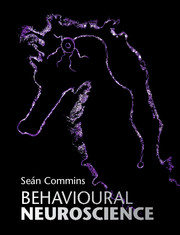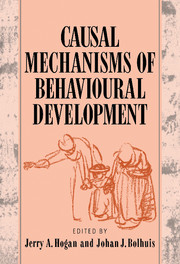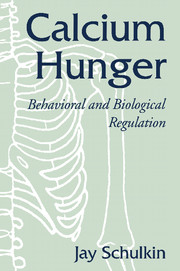Adaptation and Well-Being
Recently, an interest in our understanding of well-being within the context of competition and cooperation has re-emerged within the biological and neural sciences. Given that we are social animals, our well-being is tightly linked to interactions with others. Pro-social behavior establishes and sustains human contact, contributing to well-being. Adaptation and Well-Being is about the evolution and biological importance of social contact. Social sensibility is an essential feature of our central nervous systems, and what have evolved are elaborate behavioral ways in which to sustain and maintain the physiological and endocrine systems that underlie behavioral adaptations. Writing for his fellow academics, and with chapters on evolutionary aspects, chemical messengers and social neuroendocrinology among others, Jay Schulkin explores this fascinating field of behavioral neuroscience.
- Explores recent work in the important new field of social neuroscience, providing a biological perspective on social behavior
- Expands regulatory concepts from cognitive/physiological neuroscience to the context of social evolution
- Explains how social interactions are related to short- and longer-term adaptations
Reviews & endorsements
"Jay Schulkin has a wonderful gift--the ability to extract the seminal messages in the large corpus of work relating biological proceses to psychological outcomes and arranging these kernels of fact into a coherent narrative with a direction and a unifying theme."
Jerome Kagan, Harvard University
"I found this book to be a pleasant and stimulating read... Overall I think this book provides a valuable perspective on how to think about brain systems that respond to social interactions. Adaptation and Well-Being: Social Allostasis would be a good book to share with advanced undergraduates and graduate students in a seminar when discussing topics in social neuroscience and related disciplines. In this sort of context, it could well stimulate productive new approaches to the study of the neural basis of social adaptation."
Gregory F. Ball, PsycCRITIQUES
Product details
May 2011Hardback
9780521509923
212 pages
235 × 157 × 18 mm
0.56kg
51 b/w illus. 22 tables
Available
Table of Contents
- Introduction
- 1. Evolutionary perspectives and hominoid expression
- 2. Social competence and cortical evolution
- 3. A window into the brain
- 4. Chemical messengers and the physiology of change and adaptation
- 5. Social neuroendocrinology
- 6. Cephalic adaptation, devolution and incentives
- 7. Neocortex, amygdala and prosocial behaviors
- Conclusion: evolution, social allostasis and well-being
- References
- Index.













